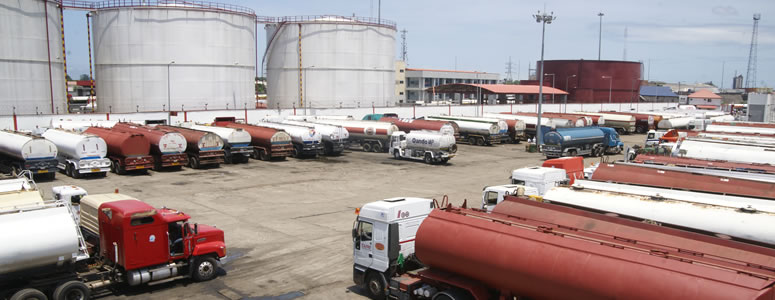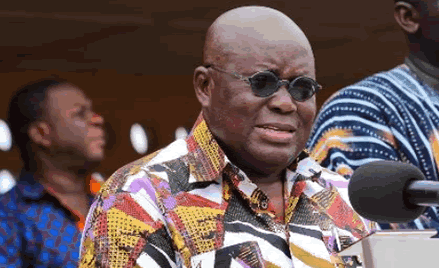Leading monitoring civil society group in the multibillion dollar cleanup of crude oil polluted sites in Ogoniland, Civil Society Legislative Advocacy Centre (CISLAC), has revealed that contrary to the claims of the federal government on steady cleanup operations, not much is happening at the remediation locations.
The group said that the status of Hydrocarbon Pollution Remediation Project (HYPREP) in terms of its structure, independence, funding, effectiveness, capacity as well of perception of sluggishness due to bureaucracy, politicization, low responsiveness has affected the clean up exercise.
However, the Programme Manager, Defence and Security of CISLAC, Mr. Salaudeen Hashim, attributed the slow pace of cleanup and remedial exercise at Ogoni Land to weak institutional and regulatory framework.
He added that companies’ collusion, bad governance and corruption were factors, which needed to be addressed to record significant result from the situation in Ogoni. He urged the government to intensify more efforts in ensuring effective institutional and regulatory framework for the region.
CISLAC argued that the exercise is now bugged with identity crisis, procedures, processes and overheads as “Perception of corruption, lack of transparency and accountability, complex decision making, internal crisis of choice between Ogoni and the Niger Delta are fueling delays”.
Programme Manager of the group, Mr. Kolawole Banwo, who provided an overview of the UNEP report on Ogoniland at an interaction in Lagos, said revealed that “HYPREP is now seen as a HY-BRID, made up a project and agency, rather than a specific programme for the Ogoniland clean up.He also noted lack of no sequence of action and prioritization of activities and cost management as well as adherence to original in the process.
Recall that the United Nations Environment Programme (UNEP) had released its Environmental Assessment report of Ogoniland in August 2011 after series of protests of oil spillage in the community that culminated to the death of Ken Sarowiwa and eight others.
Accordingly, the report commissioned by Federal Government of Nigeria, made recommendations to the government, the oil and gas industry and communities to begin a comprehensive cleanup of Ogoniland, restore polluted environments and put an end to all forms of ongoing oil contamination in the region
Key presentations in the Report underline significant number of locations under serious threats to human health from contaminated drinking water to concern over the viability and productivity of ecosystems.
In 49 cases, UNEP observed hydrocarbons in soil at depths of at least 5 metres. At 41 sites, the hydrocarbon pollution has reached the groundwater at levels in excess of the Nigerian standards permitted by National Laws at Nisisioken Ogale, in Eleme LGA, close to a NNPC product pipeline where an 8 cm layer of refined oil was observed floating on the groundwater, which serves the community wells.
Banwo argued that there is need to re-visit, and where necessary remediate identified sites, saying “We are already eight years behind after the report itself was first launched in 2011 and 63 years late after the first oil spill happened in Oloibiri in 1953”.
“The Federal Government flagged off the remediation of contaminated sites in Ogoni Land in 2016.
“But since then, not much has been done in that direction. The wellbeing of the people in Ogoni and the Niger Delta at large is to say the least pathetic.“Life expectancy has dropped to 40, livelihoods destroyed; inhabitants consume contaminated water 900 times above the World Health Organisation (WHO) standards.
“Festival of funerals in the region has become very worrisome, all due to pollution and exposure to environmental hazards.
“This calls for the urgent need to review the remediation techniques, repair, maintain and decommission non-producing facilities.“The duty of care point of view upon which the emergency measures are based imposes not just a moral but a legal obligation to prevent harm or compensate victims.
“The 25-year long journey and struggle for the cleanup of Ogoniland and the Niger Delta Region is a challenge to our shred humanity.
“It is about the lives of real people whose only offence is that petroleum resources which drives our economy are found in their land. We must keep asking right questions, applying the right pressure and speaking out.
“With the professionalism, courage and persistence of the press we will achieve more and faster. We must do more to get our government to cleanup Ogoni now”, he said.









